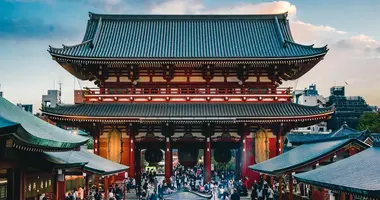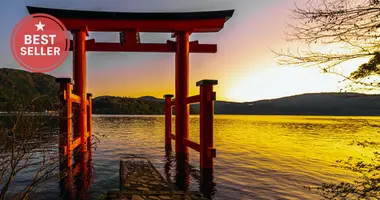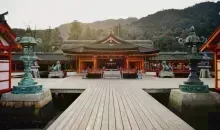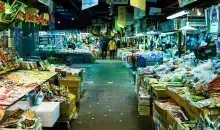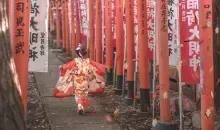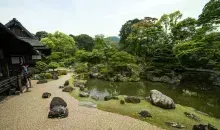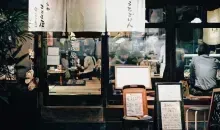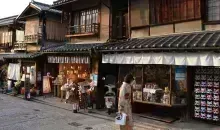Hari Kuyo 針供養
- Published on : 26/04/2016
- by : I.D.O.
- Youtube
An Unusual Ceremony
In countries throughout the world artisans are often attached to their tools, but Japan may be the only country where they carry out religious ceremonies for their used and broken instruments...
Brush designers and calligraphers, tea ceremony (chado) teachers, and cooks - their knives and other utensils are constantly being used, and are generally celebrated at the end of their lives through the flames of a redemptive fire during a ceremony called Kuyo. However needles, have a different fate.
Kuyo was originally an offering to Buddha, which then became a commemoration of the dead, and rites were finally extended to respected objects, too. Once a year, workers and artisans and even artists who need specific items to do their jobs, will express their gratitude by attending the Kuyo ceremony held either in a Buddhist temple or Shinto shrine. After the service, the utensils are gathered and burnt so that their smoke goes up to heaven.
All Equal
More unusual still, is the Kuyo organized for pins and needles: Hari Kuyo, hari meaning needle. This kind of tool will not burn, and meets a gentler end: they are placed in a block of tofu (bean curd) or konnyaku (a soft jelly)!
This is done with great solemnity. The ladies, and sometimes gentlemen, are very elegantly dressed, sometimes wearing a kimono, and stand in line to go in turn and plant a few needles or pins in a large piece of tofu or konnyaku. This is displayed, especially for the occasion, on a small altar in the courtyard of a temple or sanctuary.
This ancient ceremony of more than four hundred years brings together fashion professionals: designers, dressmakers, kimono manufacturers, fashion students, as well as housewives who simply like to sew. Everyone has to express their gratitude to the needles and pins that have enabled them to create their work, as well as pray for the work ahead, and ask more skill or dexterity.
The ceremony is influenced by the various belief systems the Japanese adhere to: shintoism, which shares some aspects of animism, gives souls to items as well as all living things; as well as the Buddhist respect for all of creation, living or inanimate.
Hari Kuyo is held annually on February 8 in the Kanto region and December 8 in Kyoto in the Kansai region.
In the column on the right you will find two addresses where you can attend such a ceremony in Kanto.




















